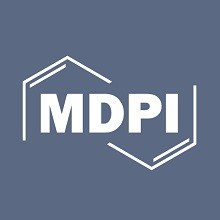
مقاله انگلیسی چه زمانی و چگونه مدیریت منابع انسانی پایدار مشتری مداری کارکنان خط مقدم را افزایش می دهد؟
Abstract
Introduction
Theoretical Background and Hypothesis Development
Methods
Results
Discussion
References
Abstract
This study investigated the relationship between sustainable human resource management (HRM) practices, employee satisfaction, and customer orientation of frontline employees (FLEs) in the hotel industry from the perspective of internal marketing.Specifically, the study focused on threefacets of sustainable HRM practices (i.e., training, reward, and benefit) as well as organizational empowerment and communication as FLE-supportive contexts. Although some studies have examinedthe relationship between HRM practices and customer orientation, they overlooked the importance of service context in facilitating FLE customer orientation. Thus, this study developed a comprehensive framework based on social exchange theory and self-determination theory. The results show that all three facets of the sustainable HRM practices were positively related to FLEs’ satisfaction. FLEs’ satisfaction was also positively related to their customer orientation.
Furthermore, both organizational empowerment and communication moderated the relationship between FLEs’ satisfaction and customer orientation, which showed a positive relationship only when FLEs perceived high organizational empowerment or communication. The research findings provide beneficial theoretical and practical implications.
Introduction
The tourism and hospitality industry is one of the fastest growing and developing industries in the world [1]. Over the past half century, it has been continually expanding and diversifying as online and offline boundaries among countries have been torn down. The World Tourism Organization (UNWTO) reported that the development of the tourism industry has created various jobs and opportunities, eventually leading to economic recovery.
